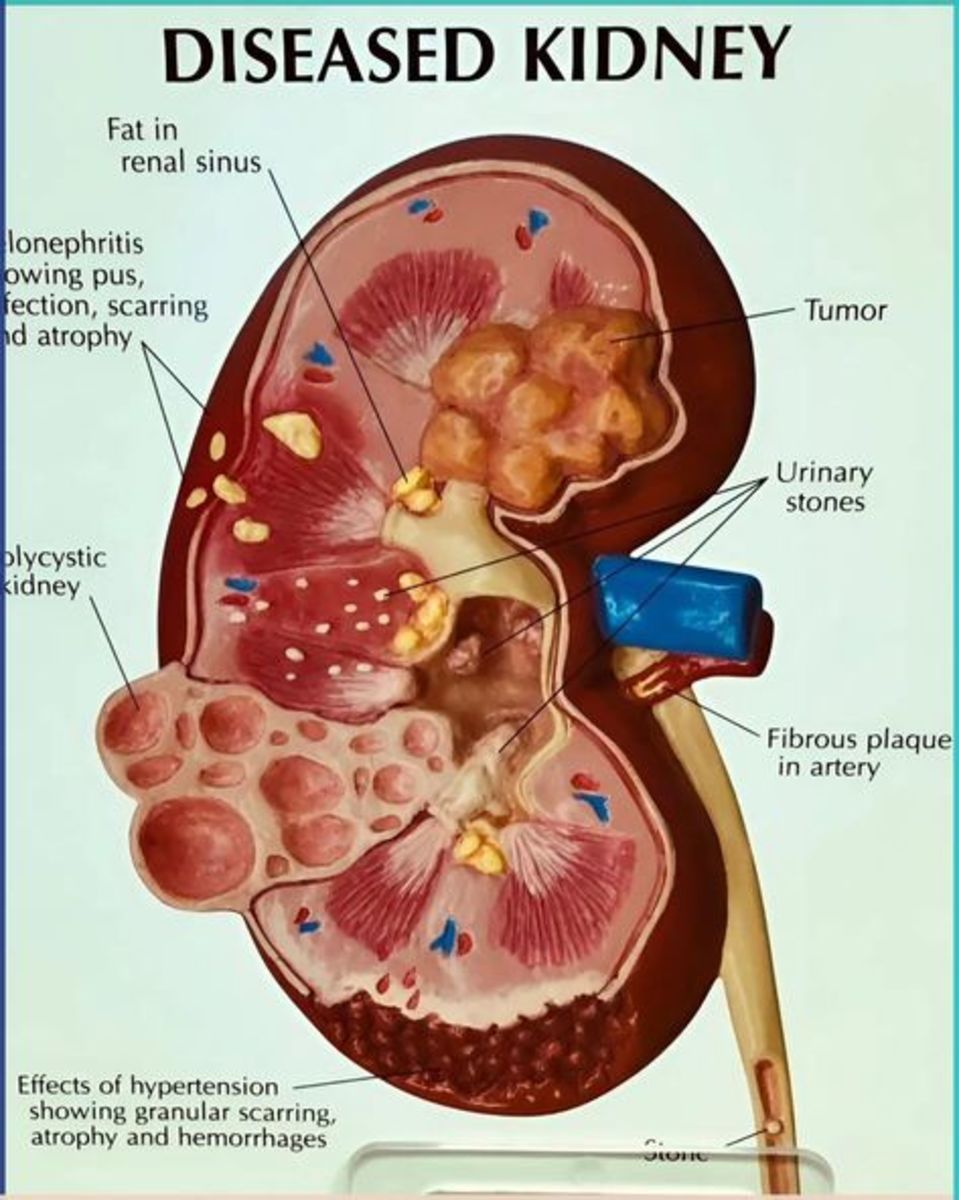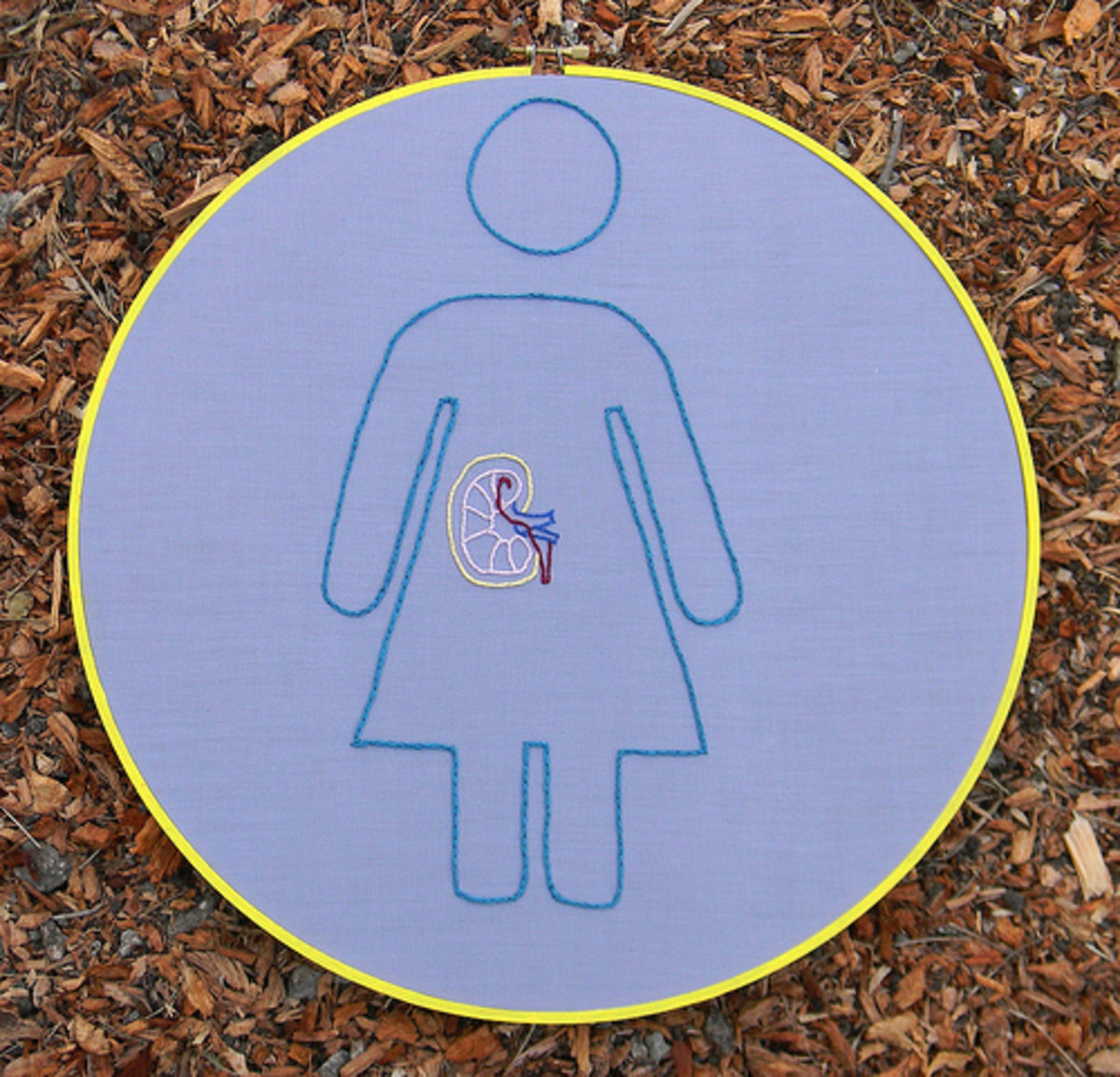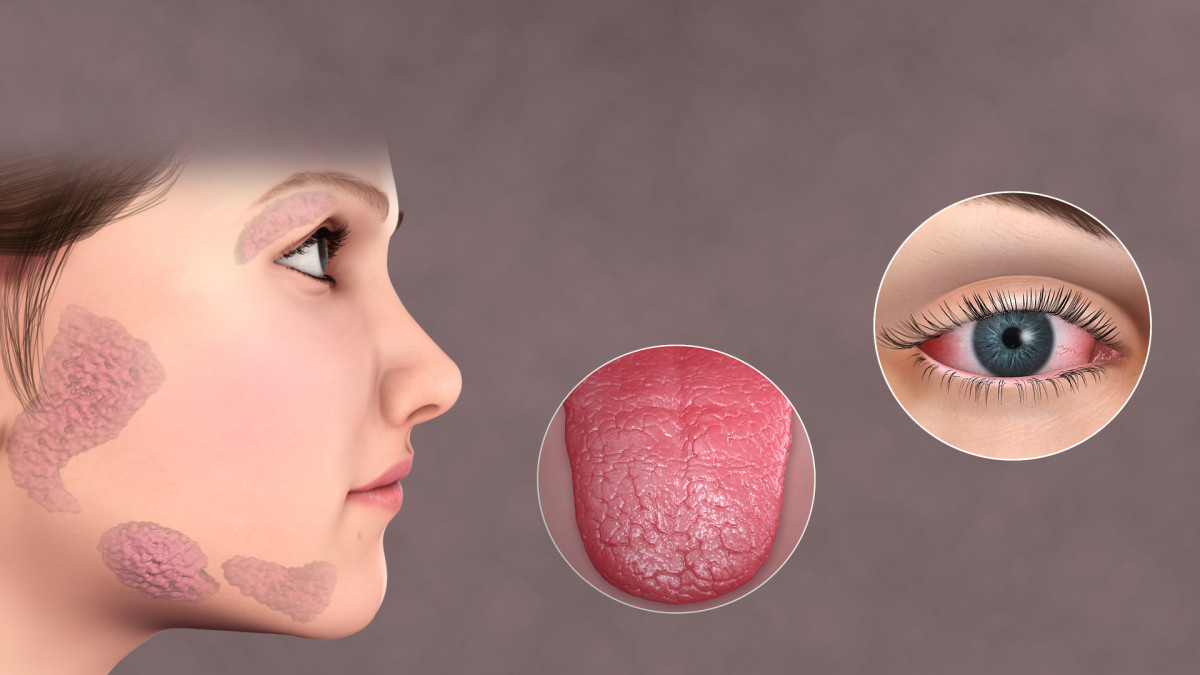A Rare Kidney Disease Called Alport Syndrome

Alport syndrome is a rare kidney disease which is transferred from one generation to another.
It is hereditary and it is not transmitted through other means.
It manifests symptoms that can be found in other serious diseases such as hearing loss, blood in the urine (hematuria), end stage kidney disease, an eye disease (lenticonus), and glomerulonephritis.
It is considered the first kidney and genetic basement membrane disease to have a cloned gene which has beneficial effects on DNA investigation and in the development of antibodies for accurate and better diagnosis of this disease.
The occurrence of Alport syndrome is dependent on gender which means that historically, male patients were severely affected while the effect on female patients was milder.
This disease is mainly lined to the x-chromosome but there are reports of autosomal cases. The x link is caused by mutation in the COL45 or the beta5 (IV) collagen chain type of genes.
Causes of Alport syndrome
Alport syndrome is caused by changes in the genetic patterns of the COL4A3, COL4A4 and COL4A5 proteins.
The changes in the genetic patterns hinder the successful production of what is called the type IV collagen system.
The type IV collagen system is a key structure of basement membranes found in the kidneys, the eyes and the interior parts of the ears.
Basement membranes are thin sheets that serve as divisions between cells.
When the type IV collagen cannot be produced due to gene mutation, the basement membranes cannot properly perform their role in removing waste materials from the blood and in producing urine which eventually leads to hematuria or blood in the urine and protein in the blood.
Alport syndrome can be inherited through different methods
- A large percentage of those suffering from Alport syndrome inherited this disease through the X linked dominant pattern because of changes that took place on the COL4A5 protein where the disorder has affected an X chromosome.The males are, most of the time, the ones severely affected and eventually develop kidneys disease because they have only one X chromosome .Female patients whose COL4A5 have undergone mutation only experience blood in the urine but they do not necessarily develop severe kidney failure because only one of their two X chromosome is affected.
- Alport syndrome can also be passed on from parents to children through the autosomal recession pattern of both mutated COL4A3 and COL4A4 genes.
- The autosomal dominant transmission usually occurs and accounts only for 5% of the total patients who suffer from this disease.
Alport Syndrome
Do you know of a friend or family member who has Alport Syndrome?
Treating Alport syndrome
People suffering from Alport syndrome can be treated with medicines given for high blood pressure and with angiosten-converting enzyme inhibitors to neutralize proteinuria. This however, cannot be applied to children suffering from the disease.
© 2013 Zee Formadero








